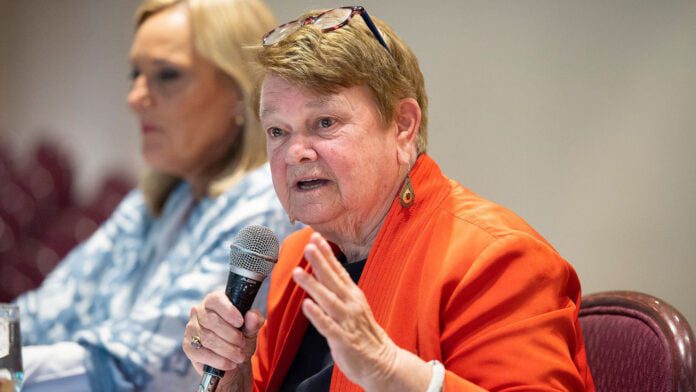Next Tuesday [March 15], Supervisor Holly Mitchell and I will bring a motion to the Board that would direct the County to house justice-involved young people who have previously been under the care of the state’s Division of Juvenile Justice at Campus Kilpatrick in Malibu, as well as at Camps Scott and Dorothy Kirby. I want to share the research and thinking behind this proposal to allay any community concerns about the County’s plans.
Jurisdictions around the country, including the state of California and the County of Los Angeles, have been moving from a punitive to a restorative model for juvenile justice as a result of overwhelming neuroscience research that revealed that the adolescent brain is highly subject to reward- and peer-influence, and that the rate of development of the teen brain varies widely. Teenagers can often recognize risks, but incomplete brain development reduces their ability to control impulsive behavior. The U.S. Supreme Court has relied on this neuroscience to require that juvenile justice practices be redesigned in accordance with scientific knowledge.
As jurisdictions have moved away from a “treat kids like adults” model of juvenile justice, we have also learned that most youth, including youth with serious charges, are healthier, less likely to have future contact with the justice system, and more likely to repair harm when the response to their behavior is restorative, not punitive.
I have had the pleasure of meeting many LA County young people who have been convicted of serious charges, have received the support and services they needed, and have become leaders in their communities. I hope that in future meetings you will have the opportunity to meet some of them.
Campus Kilpatrick is the County’s newest juvenile facility, and its design and programs have been informed by scientific research and national best practices. It is a locked facility where young people live in a therapeutic home-like setting and are provided with individualized, trauma-informed plans to help them heal, build skills, and transition to responsible and constructive lives. Campus Kilpatrick has always included some young people charged with serious offenses, and our committed Probation staff and community-based providers have done a wonderful job supporting them. We anticipate that the number of young people added to the current Kilpatrick population will be gradual, starting with a handful and never exceeding more than a few dozen. The Board is asking communities throughout the County to support these young people. In addition to Campus Kilpatrick, other young people will be housed at Camp Scott in Santa Clarita and Dorothy Kirby Center in Commerce.
The safety of the staff and young people at Campus Kilpatrick, as well as surrounding communities, is a very high priority. We are currently working with architects to oversee needed renovations and that work will include a determination regarding whether additional security is needed. In addition, we are working with teams of mental health professionals, educators, community-based service providers, and others to infuse Campus Kilpatrick with the programming and supports that will keep the young people engaged in intensive rehabilitative services.
Thirty years ago, there was a popular but mistaken notion, unsubstantiated by science, that young people who break the law, especially those who commit serious offenses, should be treated like adults with little or no hope for rehabilitation. We now know better and know that we see better outcomes for our children and our communities when we address young people’s needs and support their transition into responsible adulthood.
Sincerely,
Sheila Kuehl Supervisor, Third District


